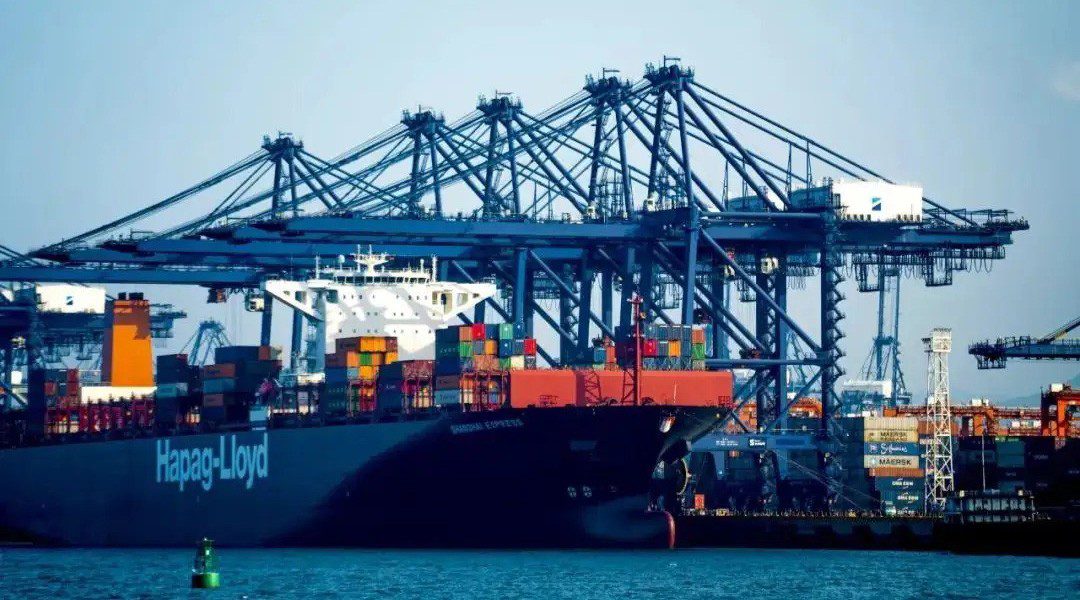In 2020, Brazil’s federal government created a project called BR do Mar that focuses on incentivizing coastal shipping. This project was recently approved into federal law.
The project aims to:
BR do Mar is expected to lead to a 40% increase in the cabotage fleet in three years and a 65% increase in the amount of cargo transported by containers.
This study identifies opportunities in Brazil’s new regulatory framework for expanding coastal shipping while contributing to the decarbonization goals of the global shipping sector.
Shifting a portion of cargo transport from trucks to ships would reduce GHG emissions at the national level, but unless coastal shipping decarbonizes, it will increase cabotage-sector GHG emissions and air pollution in coastal areas by 28% between 2020 to 2031, the study estimates.
While cabotage currently represents only 3% of Brazil’s transport-related GHG emissions, the projected increase in cabotage emissions would put Brazil’s national maritime transport sector out of step with broader international decarbonization targets set by the IMO.
To ensure that an increase in cabotage does not increase shipping emissions, Brazil should consider government policies to encourage the use of low and zero life-cycle emission fuels, as well as on-shore power.
Given that national and international maritime transport share the same infrastructure and operational profile taking actions that help decarbonize Brazil’s shipping can support global decarbonization efforts.
In this sense, the International Council on Clean Transportation (ICCT) notes that the BR do Mar project represents an opportunity to develop efficient and clean maritime infrastructure in the country.
The expected investments in maritime infrastructure that will be spurred by BR do Mar could be focused on developing bunkering facilities for alternative and low-emission fuels that have low or zero life-cycle emissions, building modern and efficient ships, and investing in cleaner port infrastructure, including shore power
However, ICCT warns that this transition requires deep infrastructural changes that will not be achieved by private initiative only. “Government support is crucial for creating institutional and market conditions that provide an attractive environment for such investments.”






